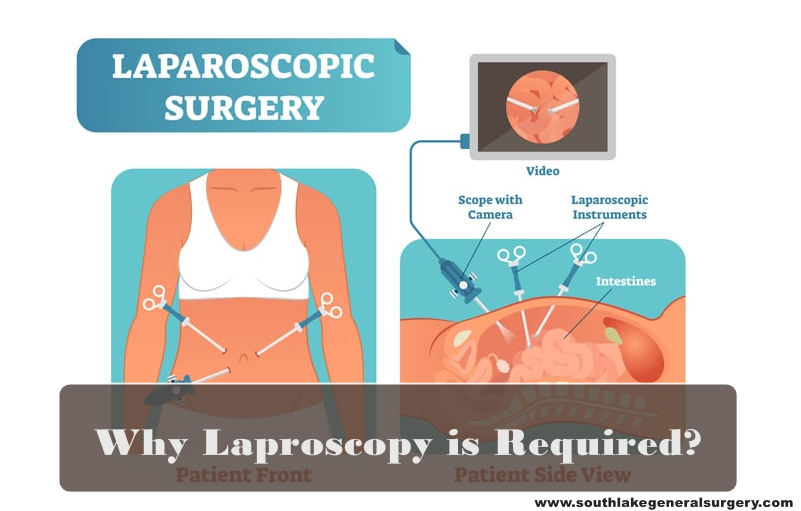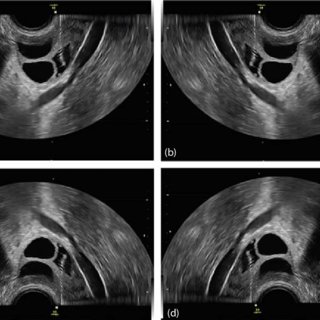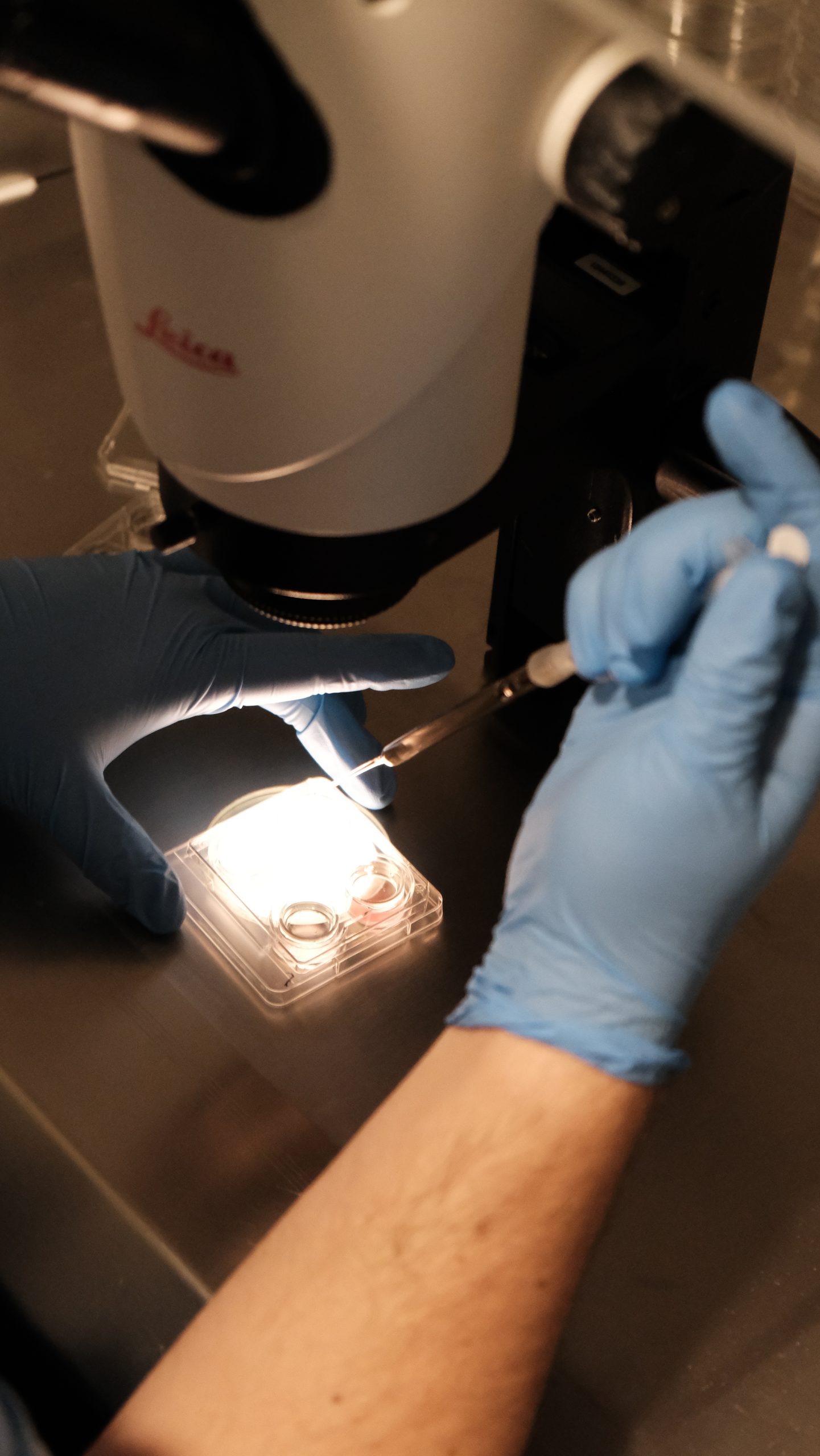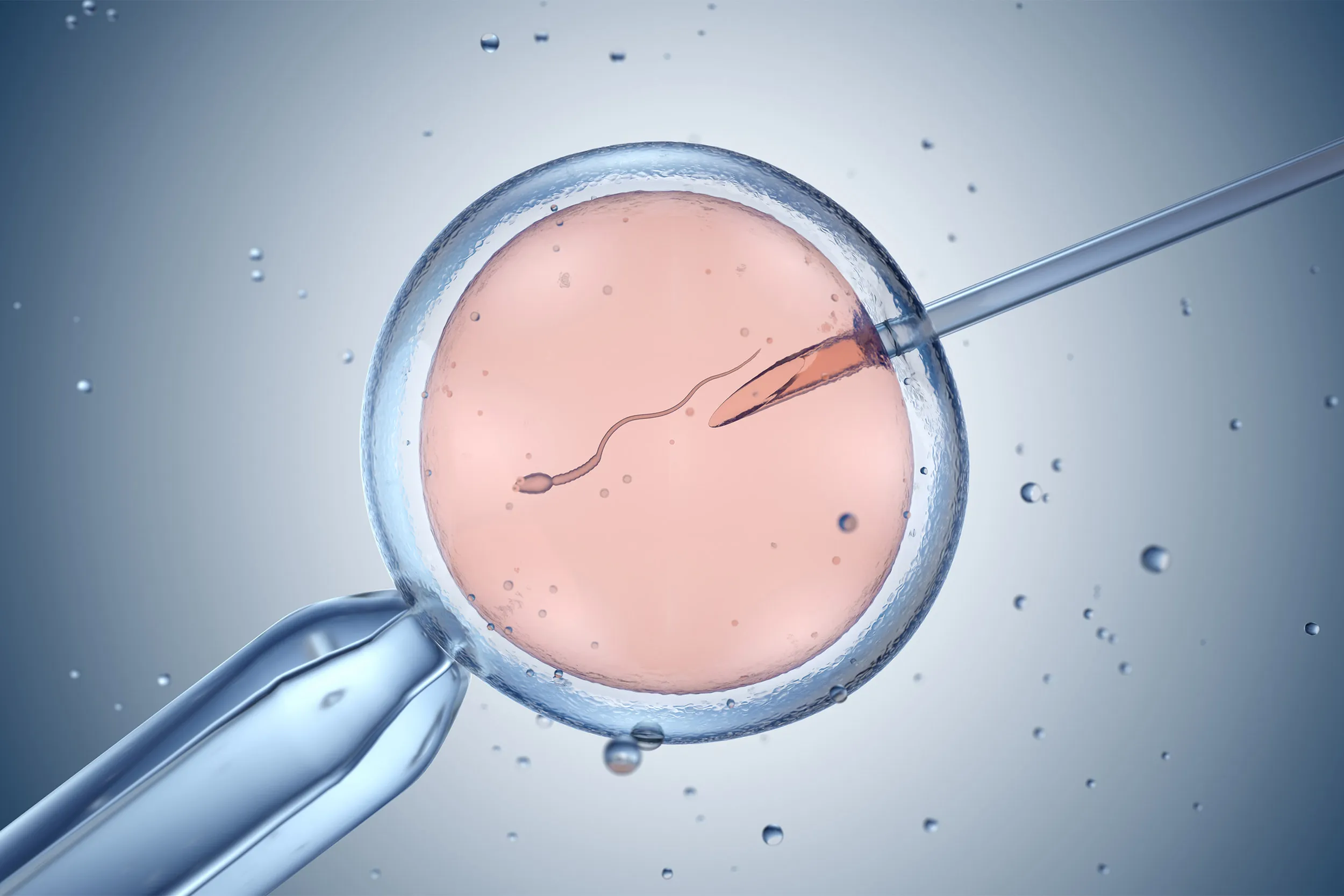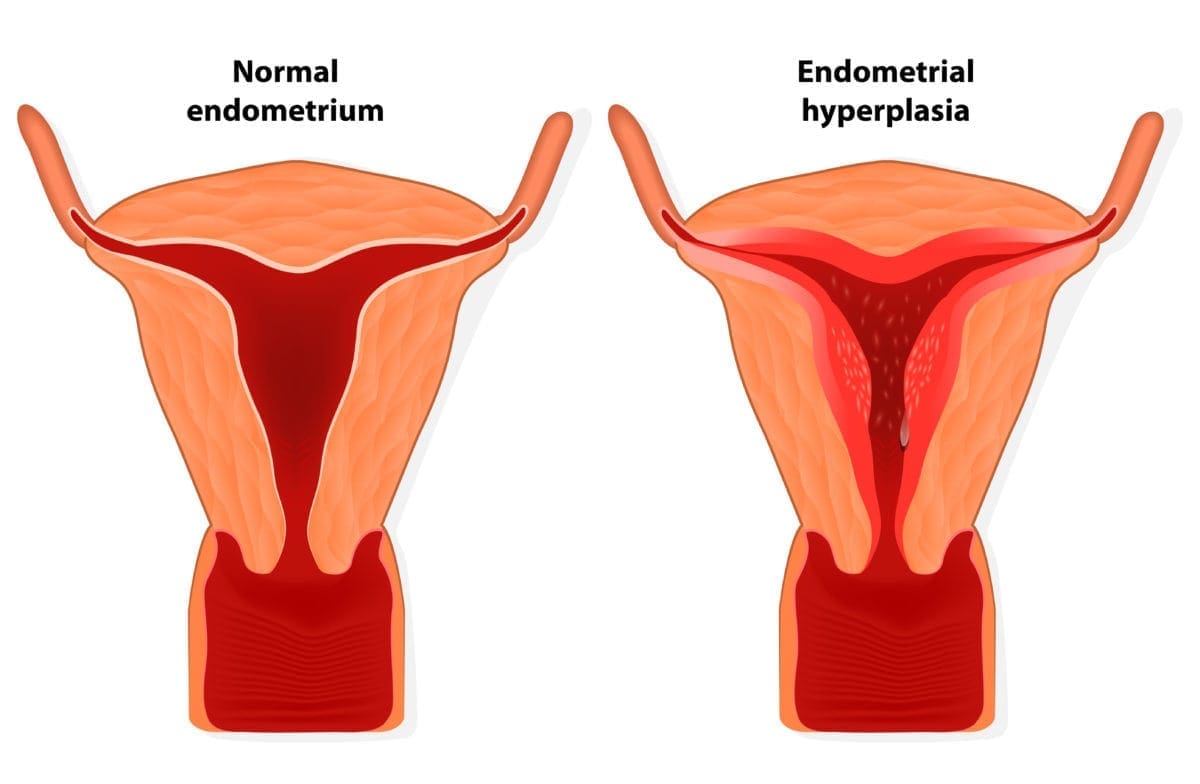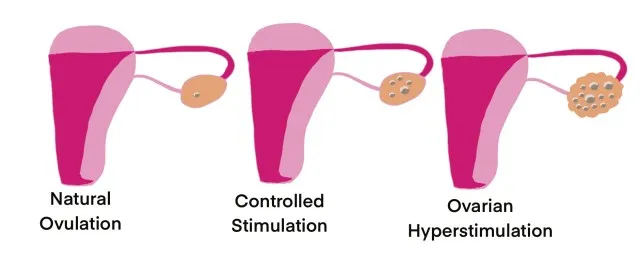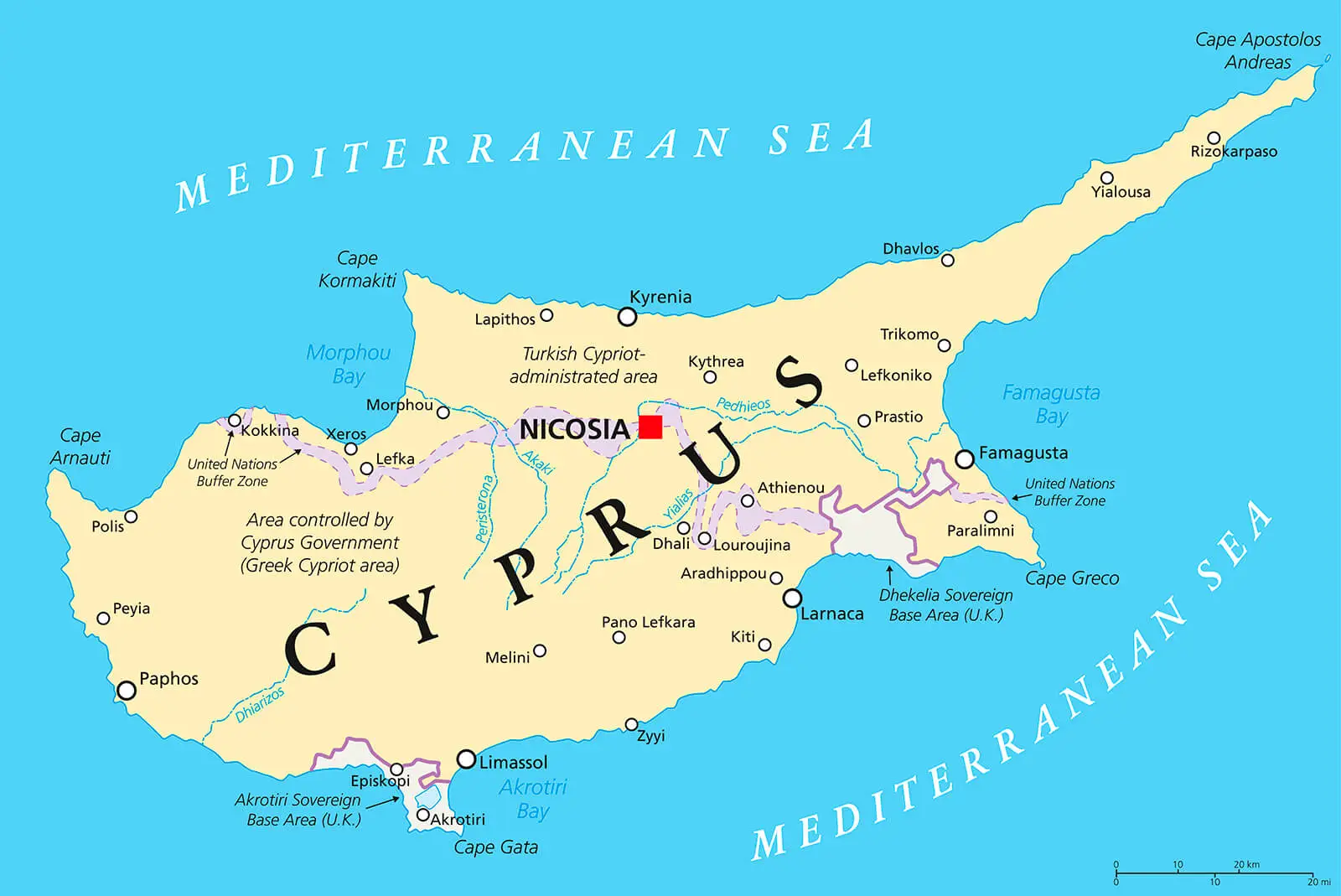Understanding Laparoscopy in the Context of IVF and Egg Donation: A Comprehensive Guide
In recent years, advancements in medical technology have revolutionized the way we approach fertility treatments. One such innovation is laparoscopy, a minimally invasive surgical technique that plays a significant role in the realm of in vitro fertilization (IVF) and egg donation. This blog post delves into the relationship between laparoscopy and IVF, how it impacts egg donation, and provides insights on healing and pain management post-procedure.
What is Laparoscopy?
Laparoscopy is a surgical procedure that allows doctors to view the inside of the abdomen and pelvis without making large incisions. Instead, it uses small incisions through which a laparoscope (a thin tube with a camera) and other specialized instruments are inserted. This technique is highly beneficial for diagnosing and treating various conditions related to fertility.
Laparoscopy and IVF: The Connection
In the context of IVF, laparoscopy can be a crucial diagnostic and therapeutic tool. Here’s how it plays a role:
- Diagnosis of Underlying Conditions: Before proceeding with IVF, doctors often use laparoscopy to identify and diagnose conditions that could affect fertility. These include endometriosis, polycystic ovary syndrome (PCOS), fibroids, and pelvic adhesions. For instance, endometriosis, a condition where tissue similar to the lining of the uterus grows outside it, can be effectively diagnosed and treated through laparoscopy.
- Treatment of Fertility Issues: Beyond diagnosis, laparoscopy can be used to treat these conditions. For example, endometriosis can be managed by removing abnormal tissue, which may enhance the chances of a successful IVF cycle. Similarly, laparoscopy can be employed to clear blocked fallopian tubes or remove fibroids that may be obstructing the uterus.
- Improving IVF Success Rates: Addressing these issues through laparoscopy can improve the chances of a successful IVF cycle. By ensuring that the reproductive organs are in optimal condition, laparoscopy helps create a more favorable environment for embryo implantation and development.
Laparoscopy and Egg Donation
Laparoscopy can also be relevant in the context of egg donation. For donor candidates, a thorough evaluation is essential to ensure that the ovaries are healthy and functioning properly. Here’s how laparoscopy fits in:
- Evaluation of Ovarian Health: Laparoscopy allows doctors to assess the health of the ovaries and detect any abnormalities that might affect egg quality or quantity. This is crucial for egg donors, as healthy ovaries are vital for producing high-quality eggs.
- Ensuring Optimal Conditions: For both the egg donor and the recipient, laparoscopy can help ensure that there are no underlying conditions that might interfere with the success of the egg donation process. For instance, it can be used to check for ovarian cysts or other issues that could impact the donation cycle.
Healing and Pain Management After Laparoscopy
One of the significant advantages of laparoscopy is its minimally invasive nature, which generally leads to a quicker recovery compared to traditional open surgery. However, patients may still experience some discomfort and require proper care during the healing process. Here’s what to expect and how to manage pain:
- Recovery Timeline: Most patients experience a relatively short recovery period, often returning to normal activities within a week or two. However, individual recovery times can vary based on the complexity of the procedure and the patient’s overall health.
- Pain Levels: While laparoscopy is less painful than open surgery, patients may still experience some pain and discomfort, especially in the abdominal area. This discomfort is usually manageable with prescribed pain medication and over-the-counter pain relievers.
- Postoperative Care: To aid recovery and minimize pain, it’s essential to follow postoperative care instructions provided by your healthcare provider. This includes taking medications as prescribed, avoiding strenuous activities, and keeping the surgical sites clean and dry.
- Potential Complications: Although rare, complications such as infection, bleeding, or adverse reactions to anesthesia can occur. It’s crucial to monitor for signs of these complications, such as severe pain, fever, or unusual discharge, and contact your healthcare provider if any concerning symptoms arise.
Additional Considerations
- Pre-Procedure Preparation: Before undergoing this procedure, your doctor will provide specific instructions on how to prepare. This may include fasting or avoiding certain medications. Following these guidelines is essential for a smooth procedure and recovery.
- Long-Term Outlook: For many patients, laparoscopy leads to significant improvements in fertility and overall reproductive health. By addressing underlying conditions, it can enhance the effectiveness of IVF and increase the chances of a successful pregnancy.
- Emotional Support: Fertility treatments and surgical procedures can be emotionally taxing. Seeking support from friends, family, or a counselor can be beneficial in managing the emotional aspects of the journey.
Conclusion
Laparoscopy is a valuable tool in the realm of fertility treatment, playing a critical role in both IVF and egg donation processes. By providing a minimally invasive means of diagnosing and treating reproductive conditions, it helps enhance the likelihood of successful outcomes. Understanding the connection between laparoscopy and IVF, and being informed about the recovery process, can empower patients to make informed decisions and navigate their fertility journeys with greater confidence. If you’re considering this procedure or undergoing IVF, consulting with your healthcare provider will provide personalized guidance and support tailored to your needs.
If you wish to know more about this subject, or any other content related to fertility treatments please check Cyprus American IVF’s article. For any of your infertility problems, please do not hesitate to contact us.
At Fertility Solutions we pride ourselves with the excellent tailored personal care we provide to our patients for their specific needs. A team member will contact you as soon as we get your message, and construct a personal treatment plan for your fertility problems in the country of Cyprus. You can also contact our clinics directly through the links below.
Cyprus Crown IVF Contact: https://en.cypruscrownivf.com/contact
Cyprus American IVF Contact: https://www.cyprusamericanivf.com/contact-us/
Dr. Halil Ibrahim Tekin (Dr. HIT) Youtube: https://www.youtube.com/@dr.halilibrahimtekin1715
Cyprus American IVF Youtube: https://www.youtube.com/@AmerikanTupBebekMerkezi

